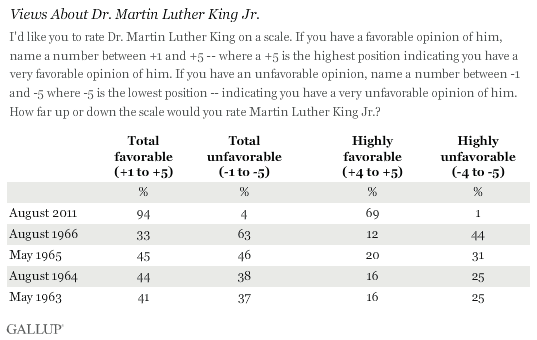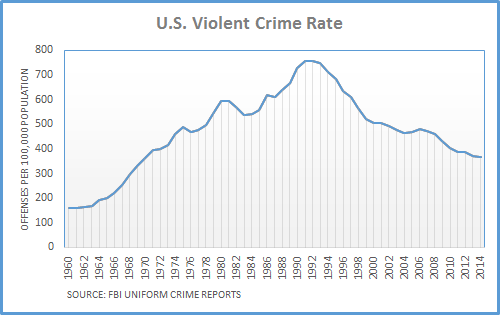The 1960s in numbers.

In 1965, LBJ got Congress to pass the Voting Rights Act. The effect was dramatic. In 1972, Rev. Andrew Young (D-Georgia) became the first African-American representative from the Deep South since Reconstruction. He later said:
“It used to be Southern politics was just ‘n-----’ politics, who could ‘outn-----’ the other—then you registered 10 to 15 percent in the community and folks would start saying ‘Nigra,’ and then you get 35 to 40 percent registered and it’s amazing how quick they learned how to say ‘Nee-grow,’ and now that we’ve got 50, 60, 70 percent of the black votes registered in the South, everybody’s proud to be associated with their black brothers and sisters.”By 1966, howver, the civil rights consensus was already fraying:


1968 Convention
McGovern-Fraser
Daley excluded in 1972 (See Rosenfeld 129)
Party regulars did not have a deep commitment to the old system (Rosenfeld 143). "Opponents of reform could not articulate a plausible argument for existing arrangements..." (144)
From Choosing Presidential Candidates

No comments:
Post a Comment
Note: Only a member of this blog may post a comment.